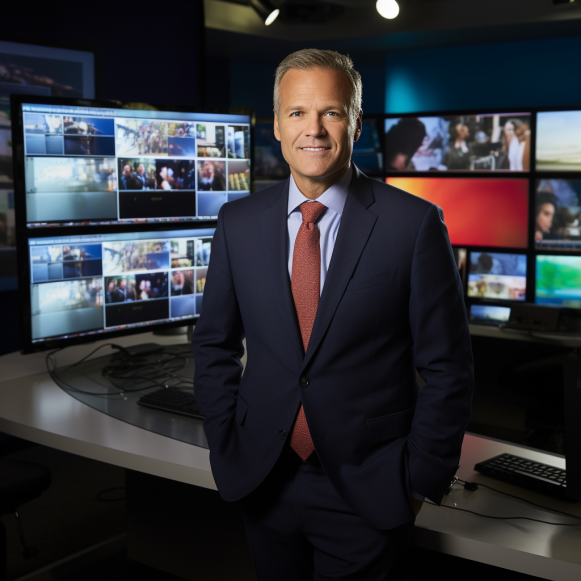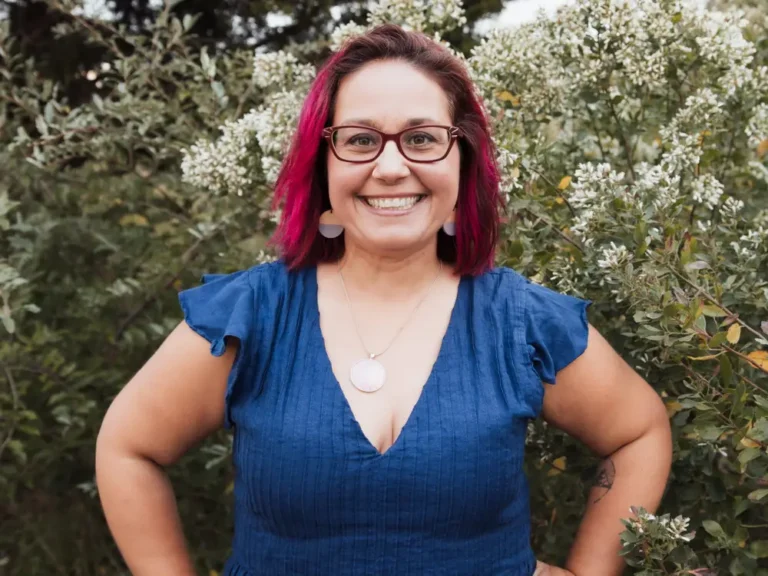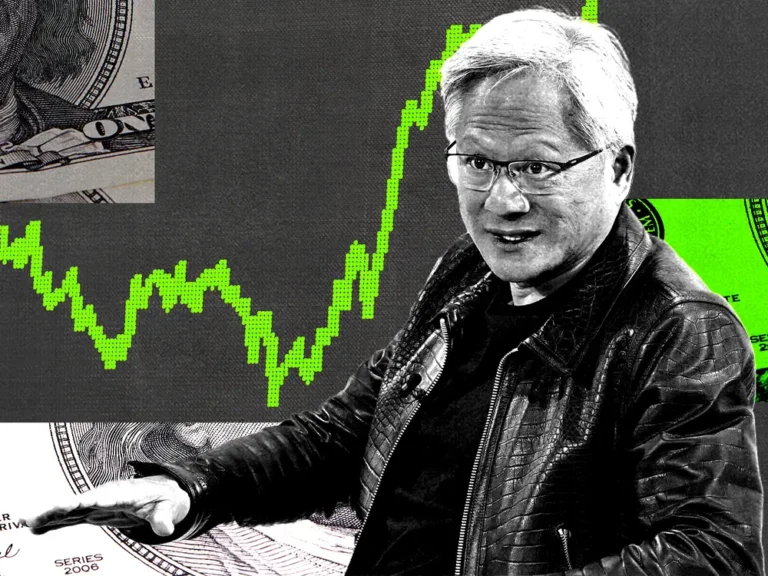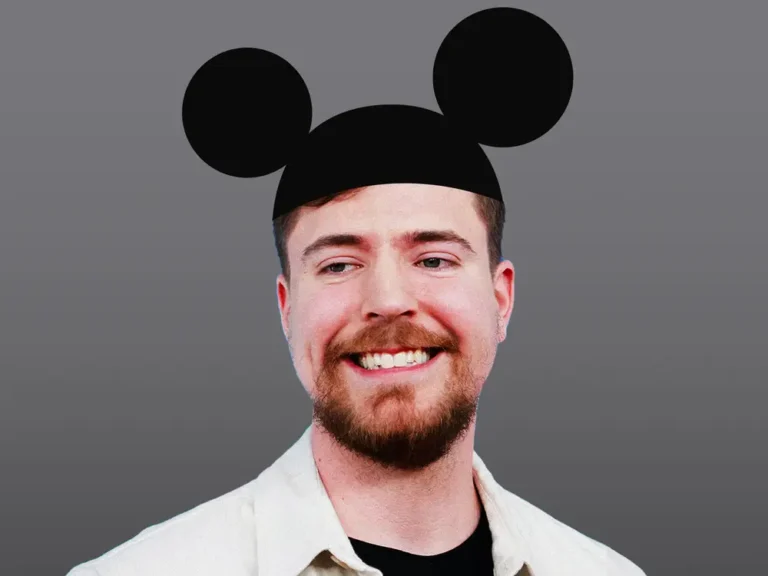Nice guys finish first: 7 secrets to success at Blackstone, according to a campus recruiter, a former intern, and other firm insiders
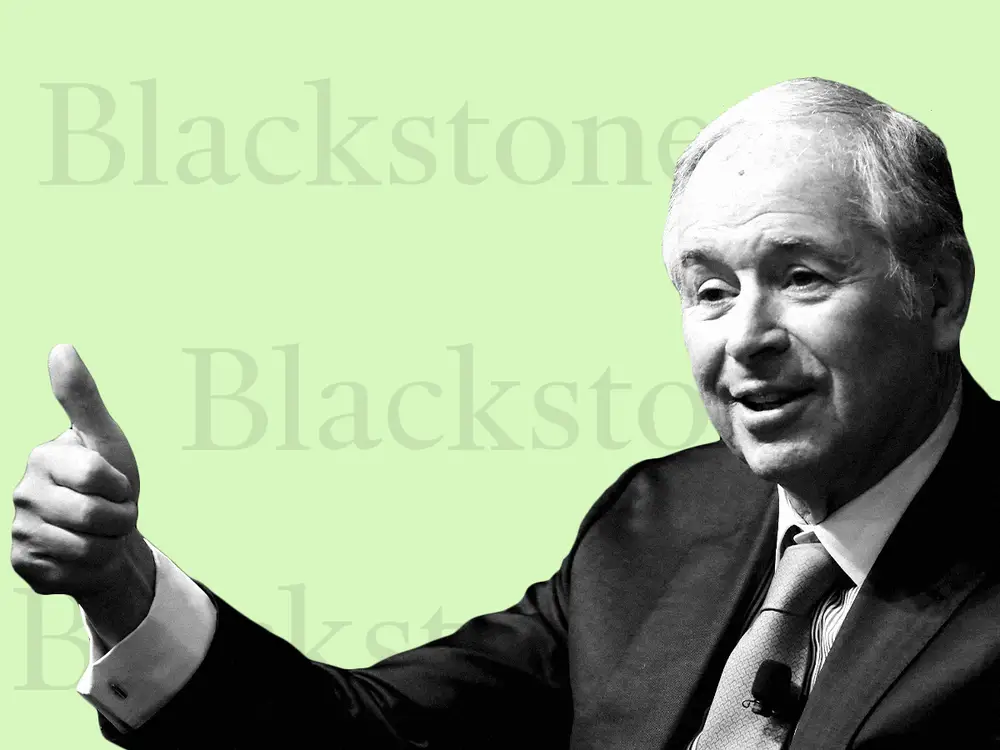
If Jon Gray gives advice about how to succeed at Blackstone, you listen. Gray is the investment giant’s chief operating officer, president, and presumed heir to CEO Steve Schwarzman. He has climbed the ranks at the firm, which has $1 trillion in assets, from an entry-level role three decades ago without ever having left to snag an MBA.
This summer, Gray addressed Blackstone’s summer interns about how they might advance at the firm, according to a recent LinkedIn post.
In his speech, Gray echoed advice that’s been pinging around Blackstone for at least a decade — ever since Schwarzman in 2015 famously said he doesn’t like to hire people who are not nice.
“We’re all ambitious. We want to succeed, but sometimes people forget that treating people nicely can be a bit of a secret weapon,” Gray said. Performance is important, he said, adding, “It’s a lot more fun to be at a place where everybody is treated in a nice way.”
But how exactly does one go about being “nice” at Blackstone? And what other attributes are important for success at the firm? In an effort to better understand what it takes to get ahead at the private-equity giant, B-17 spoke with three Blackstone executives, including a campus recruiter, as well as a former intern who is about to start a full-time role.
The executives and the ex-intern reiterated some of the themes Gray mentioned in his recent speech to the analysts. They also expanded on what it means to be nice in practice and added some of their own tips, like being a team player while not being afraid to take up space.
While some of the comments were directed at interns, they can apply to any position. Indeed, everyone at Blackstone — from the interns on up — is vetted via the same 360-review process, which collects feedback from everyone an employee has worked with in an effort to get a holistic understanding of their performance.
Here’s how to succeed at Blackstone, according to three executives, an ex-intern, and public comments made by top leaders including Gray and Schwarzman.
How to be ‘nice’ at Blackstone
Schwarzman first made headlines for his comments about hiring “nice” people in 2015. “I don’t like people who are not nice,” he said at the time, adding that he valued niceness over an MBA.
He expanded on this theme in June at a conference hosted by Morgan Stanley, where he said that being “nice” at Blackstone involved trust and teamwork. He illustrated his point by describing his first day at the now defunct investment bank Lehman Brothers.

The Lehman Brothers building in New York in 2008.
“I was 24,” Schwarzman said, according to an AlphaSense transcript. “I bought my first suit. I had the briefcase. I get to the elevator. It opens, and there’s a guy from Lehman Brothers who was like 15 years older than me, and he said, ‘You look like one of the new people.’ I said, ‘Yes.’ He said, ‘You’re going to love it here at Lehman Brothers.’ He said, ‘Here at Lehman Brothers, we’ll never stab you in the back. We’ll just walk right up to you and stab you in the chest.'”
“That was my first day at work,” Schwarzman said, adding, “And that’s one reason why they ended up blowing up.”
He told the audience that the focus at Blackstone was on being productive to lift all boats, instead of taking other people down so you alone can shine. “Everybody can trust everybody. Everybody’s meant to be successful,” he said of the Manhattan-based firm.
“This isn’t bullshit, I mean, because we keep expanding,” Schwarzman added. Over the past 10 years, the firm has grown from 2,010 employees to 4,735 people.
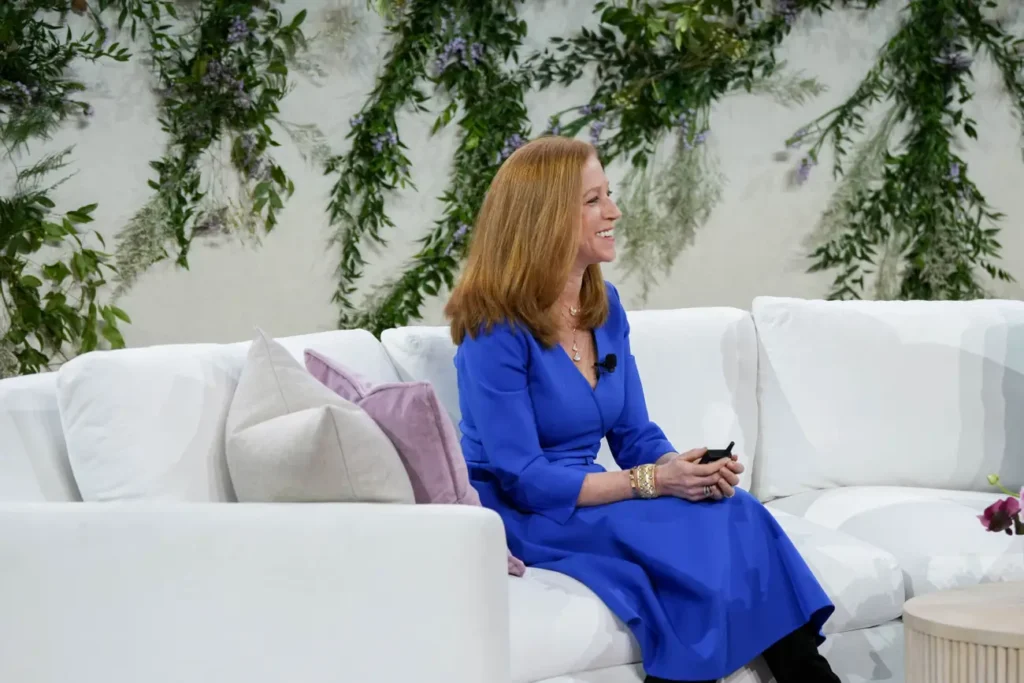
Blackstone’s global head of human resources, Paige Ross.
Paige Ross, Blackstone’s global managing director of human resources, confirmed that niceness was a core hiring attribute at the firm. “Steve Schwarzman always says it is just as easy to hire a smart, nice person as a smart, not nice person,” Ross told B-17.
Investing is a team sport
According to Ross, the firm is more interested in hiring people who are willing to play a role than those who want all of the attention.
“There are very smart, talented people that want to be an individual contributor or want to be the star. That’s just not who we are as a firm,” Ross said, adding, “We think investing’s a team sport.”
Marshall Plumlee, a two-time intern at Blackstone who is about to start a full-time associate role, has plenty of experience with teamwork. In college, Plumlee played center on Duke University’s prestigious basketball team before making it to the NBA, where he played for the New York Knicks and the Milwaukee Bucks.

Marshall Plumlee dunking during the 2016 NCAA basketball tournament.
“If you watch any highlight reels of Marshall, it was not something I was ever going to do by myself,” Plumlee said. “I was never going to carry a team anywhere.”
He still considers winning the national championship in his junior year one of his proudest moments, even though he played backup to the team’s star Jahlil Okafor.
“When you’re a part of something bigger than yourself, and you’ve got awesome teammates, you really accomplished some awesome things,” Plumlee said.
Plumlee honed his teamworking skills when he left the NBA, serving two tours in Afghanistan with the Army’s 75th Ranger Regiment.
“They’re some of the highest-character, hardest-charging guys I’ve ever gotten a chance to work with,” he said.
Don’t be afraid to take up space
Blackstone is one of the world’s major financial institutions with $1 trillion in assets — so it’s been a long time since its founders, Schwarzman and Peter Peterson, were going around asking pension funds to take a chance on the firm. However, according to Gray, an entrepreneurial mindset is still necessary to succeed..
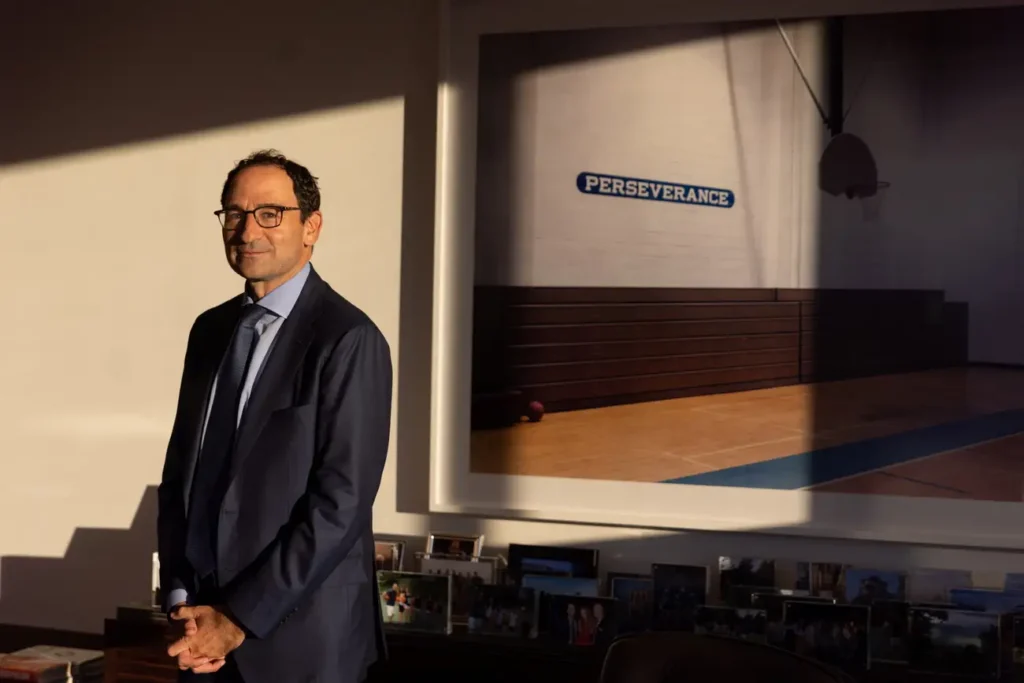
Jon Gray, the president and chief operating officer of Blackstone.
“The worst thing is when somebody says — you ask, why did they do that, and they say, ‘Well, that’s the way we’ve always done it,'” Gray told summer analysts in his recent speech. “That’s not an answer that works for us.”
Gray also advised employees to “take a little bit of personal risk and speak up” if something is wrong or they see a way to make improvements.
Plumlee, who interned with Blackstone after leaving the Army, said learning to speak up and take up space was a big adjustment.
As an Army Ranger, Plumlee was accustomed to following orders punctuated with a salute and a “Sir!” At Blackstone, he was suddenly thrust into live deals and meetings with clients. He was also asked to speak out and provide his feedback.
“Senior leaders were constantly coming out to the bullpen and asking the most junior person on the team what they thought about the deals that we were currently in process with, what they thought about up-and-coming trends, and where were some areas where the firm should be looking,” Plumlee, who interned with Blackstone in summers 2022 and 2023, said.
Plumlee said one senior leader explained it to him this way: “You’re one of us now, and you’re all here for a reason: We want to hear your thoughts. Rank doesn’t matter here; your thoughts are just as valuable as the next guy.”
Work harder; care more
Wall Street is notorious for its long hours, which can challenge early-career workers and test their motivation and endurance.
Blackstone is no different, according to a “day-in-the-life” video posted on the firm’s LinkedIn page earlier this year. In the video, summer analysts explain how they like to get to the office early to go through emails or otherwise prepare for the day. The video also shows interns eating both breakfast and dinner at the office.
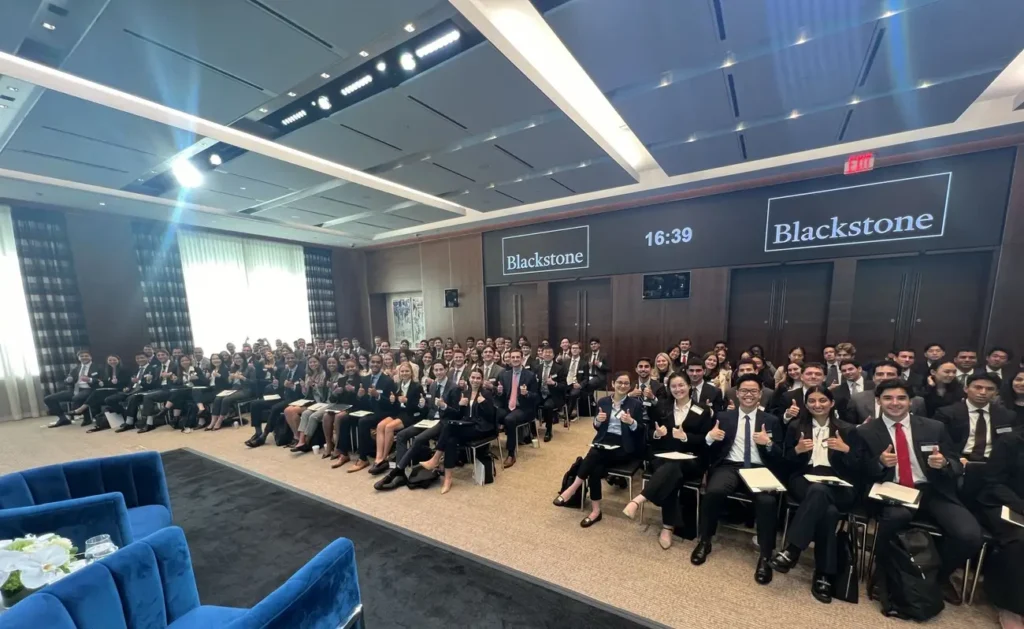
Blackstone’s 2024 summer analyst class during orientation.
However, Gray, in his speech, said that making an impression at Blackstone requires more than just racking up more hours than your peers. He compared success in business to success in sports or in the performance arts, saying that sometimes it just comes down to how much you care.
“The great performers, they’re just out there practicing more,” Gray said. “They get in a little bit earlier. They double-, triple-check their work. They’re not just punching the clock. They genuinely care about what they’re doing.”
Hiring people with the right motivation is so important to the firm that it’s part of the campus-recruiting process, Taylor Kanfer, the managing director of human resources and head of campus recruiting, said.
“We’re all evaluating for potential, but, again, we’re really looking for people who have the desire and hunger,” Kanfer said.
Open-mindedness is key
While employees should be ready to share their opinions and contribute to the firm from the beginning of their careers, they shouldn’t have an overinflated sense of their perspective. Instead, they should always be looking to grow and learn.
Ross, the HR head, told B-17 that “learning agility” and “humility” were keys to success at every level of the business.
“Even at my level, it’s critical to know that I don’t know everything and that I have the humility to know that I should be learning from people every day,” Ross said.
Plumlee didn’t know much about business when he started at Blackstone and had never worked a full-time corporate job. Desperate to learn, he asked the firm for an opportunity that would serve as a crash course for both the firm and the industry. This landed him in the tactical-opportunities group, which invests across asset classes, industries, and geographies.
The learning curves proved steep at times.
“In the military, people love their acronyms to talk about a piece of equipment or a particular kind of strategy, or a doctrine, what have you. And I’ve noticed there’s no shortage of that in the world of finance, either,” he told B-17.
The prospect of learning a whole new language was daunting, but he made it through and today has a full-time role with the tactical team.
“The military helped remind me that there is light at the end of the tunnel once you can kind of cut through all this jargon,” Plumlee said.
It’s a marathon, not a sprint
If Plumlee could give his former self any advice, it would be to lessen the pressure on himself.
“I would go back and talk to myself and tell myself to be patient,” Plumlee said. “I probably still wouldn’t have been, but this has been very much a marathon and not a sprint.”
To that end, he said, people would be wise to surround themselves with good people.
“Try to surround yourself with good people for that marathon and people that have similar goals and ambitions because you really can feed off one another in terms of what you teach each other, but you also drive one another,” Plumlee said.
He made such strong connections with junior Blackstone employees that they even helped him prepare for applying to investment-banking roles outside Blackstone.
“I wasn’t even interviewing to come back to the group, and they were helping me be the best version of myself,” Plumlee said.
It’s the soft skills, not the hard skills
Blackstone has high standards and expects results from its employees. But it doesn’t expect early-career hires to have a full grasp of certain skills, like financial modeling, which they can learn on the job. When hiring, it prefers to focus on interpersonal skills, like leadership, according to Joe Zidle, the chief investment strategist in the firm’s private-wealth solutions group and an executive sponsor of the firm’s internal Veterans Network.
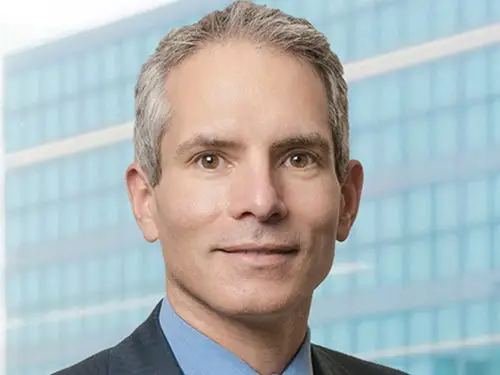
Joe Zidle, a senior managing director at Blackstone.
Zidle said it’s one reason Blackstone’s summer internship program for pre-MBA veterans, known as MINT, is so successful. Few veterans have any experience creating financial models in Excel, but Blackstone isn’t hiring them for these “hard skills,” which they can learn, he said. Instead, they are hired for their “soft skills,” like “responsibility, leadership, teamwork,” Zidle said.
“I tell them to go to a sell-side research portal, pull down a model on a particular company, tear the model down, rebuild it, and just kind of work on those Excel skills,” Zidle said.
They might need to build their hard skills, Zidle said, but their soft skills “can be pretty powerful.”

